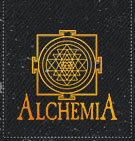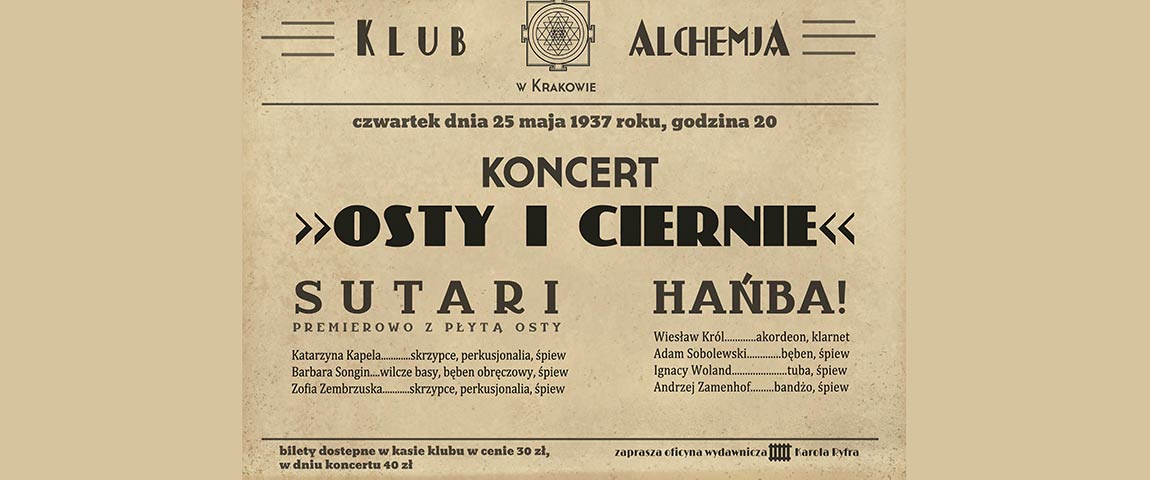s u t a r i was created by singers, instrumentalists and performers – each from different musical and theatrical backgrounds – continuing the tradition of singing Polish folk music. The s u t a r i project is a fusion of our diverse music experiences and passions.Sutari we continue to perform in the tradition of Polish folk music. Using traditional instruments (violin, basetla and drum) we also make use of everyday objects and explore their potential as musical devices (for instance, a hand mixer, grater, bottles and a wrench).
In our search for the harmonies and consonances found within our vocal tradition, rather than making changes to the songs themselves our intention was to reach for hidden characters concealed within their structures. Whilst maintaining the style, temperament, melody and rhythm, above all, we preserved the essential content of the songs – femininity, intelligence and their general attractiveness – thereby emphasising the essential contemporary elements of sound and interpretation.
BASIA SONGIN vocals, wolf base, polish frame drum, zabumba, everyday objects (water, kitchen grater)
KASIA KAPELA vocals, violin, zabumba, everyday objects (kitchen board, bottles)
ZOSIA ZEMBRZUSKA (BARAŃSKA) vocals, violin, zabumba, everyday objects (kitchen blender, bottles, kitchen grater)
„Hańba!”
In the year 1931 in the Cracovian quarter of Podgórze a new street band came into being. Far from ordinary, it was a group of defiant musicians who decided to use their song to denounce the corruption, violence and iniquity of interwar Poland, a reality far more complicated than one could imagine today.
The Rebellious Street Band Hańba! [‘disgrace’] is a musical and literary fiction, designed to convince the audience that punk-rock was not born in the noisy seventies on the British Isles, but goes way back to the Second Polish Republic, a period marked by extraordinary cultural, artistic and economic growth, but also systematic destruction of democracy, the authoritarian rule of Sanation and its imperialist impulses. With the support of street instruments (banjo, drums, accordion, tuba) and a bunch of interwar poets (Tuwim, Brzechwa, Broniewski), four Cracovian performers impersonate imaginary characters and combine musical inspirations (punk, folk, klezmer) to tell their own tale about the most poetic period in the history of Poland.


